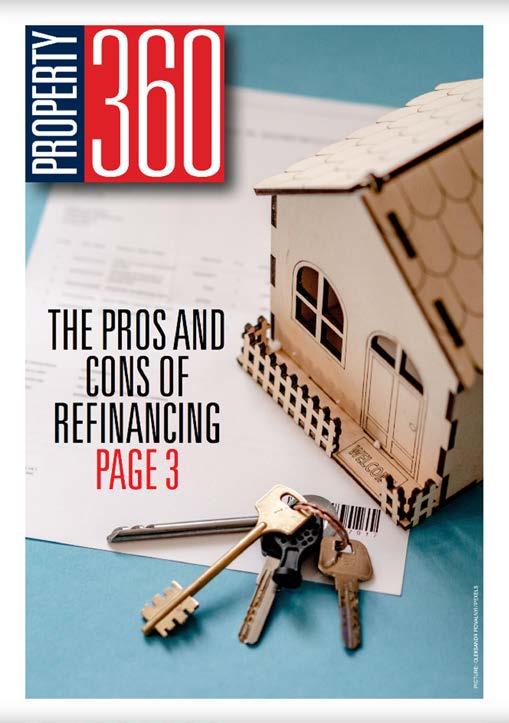‘MOMMUNES’
THE NEW GLOBAL TREND PAGE 3



WHEN elderly parents finally decide to sell the family home, they – and their adult children – can often feel emotional and sentimental about letting it go.
After all, the idea that strangers will take over the home with no regard to its history, making changes, is sad and unsettling.
This can prompt family members to consider buying it so that the home – and the memories it holds – are not lost.
“When my parents were selling in order to downscale for their retirement, my siblings looked to me, as the eldest, to buy it. And it was something that I did consider because we could not bear the thought of saying goodbye to it,” says Jennifer Venter*.
However, she and her husband were not in a financial position to take on the large property, plus they had dreams of emigrating so were not really interested in buying a home here.
“But the thought was tempting because it was also the home that my grandparents lived in before my parents, so it was full of memories and love and
laughter going back decades. The idea that someone else would move in and just take over did annoy us a little.”
The home was eventually sold to an unknown buyer and, as difficult as it was, Venter says that during the transfer process the family spent as much time as possible there together, talking about all the stories that those walls had seen.
“On our last night before my parents moved out, we had a big braai and invited the extended family and friends over – all people who had spent many happy times in the house, as a final goodbye...
“We still live in the area and have occasionally driven past the property to just see how it looks, but the new owners have repainted it and, personally, we don’t like the colours.
“So I guess that this has helped us move on as, I think if it looked exactly the same as it did when we lived there, it may be a little more emotional.”
In a previous article on a similar subject, Johannesburgbased clinical psychologist Liane Lurie says many people want to
cling on to their childhood homes for a number of reasons. The most common is that for some, the idea of home conjures up happy and warm memories from when life was perceived to be simple and your family was everything.
It would, therefore, make sense that, given the opportunity to purchase their childhood home, many would leap at the chance.
“It is a home that they know and feel safe in and a place they would like to imbue with more tradition and family rituals; an heirloom as it were that they want to keep in the family and hopefully pass onto their own children one day.”
However, purchasing a family home may bring with it more complication than joy, she notes.
“Should there be other siblings in your family, they, or you, may feel sensitive over any potential renovations you or your partner propose.
“You may also have your own ideas and rules over how a home should be run which may be contrary to your siblings’ notions of how you were all raised.
“You were raised in your family home according to the values set
out by your parents. As an adult, you have to carve out your own path.”
Furthermore, Lurie says, when one joins with another in creating a life of their own – such as in a marriage or relationship – it is important for both of them to feel “at home” in the new space they jointly occupy.
They will need to be careful that their partner does not feel like a guest or outsider in their own home, especially when family or parents come over.

“Many people may idealise the kind of lives they had in that
✦ You may get the property at a better price than if you were buying from strangers
✦ You know the history of the house and are unlikely to encounter any nasty surprises
✦ You will know the neighbourhood, and maybe even the neighbours, well
✦ You get to build new memories on top of the old ones that the home holds
✦ You may have had some say in certain changes that were made to the property over the years
✦ You could potentially be a new link in keeping the home in your family for generations to come
family home, only to discover that as an adult they cannot recapture that magic.
“This may be coupled with a feeling of sadness. It is important to remember that the magic of your home was linked to the people with whom you played and shared your life at that stage.
“It is essential to give yourself the opportunity and permission to create memories of your own and begin a new chapter of your own.”
Ultimately, there are a number of pros and cons to consider before making a decision to buy your family home.
✦ Depending on how well your parents maintained the home, there could be expensive maintenance to be undertaken
✦ The area may not be the same as it used to be when you lived there, and this could dampen the excitement of reliving your childhood with your own family
✦ You may be reluctant to make renovations in case you not only offend family members but take away some of the nostalgia you feel about the house
✦ Your partner may not have the same connection to the property that you have
✦ Some family members may not see the home as yours and still think they can come and go as they please
pros and cons of buying the house you grew up in when your parents are ready to sell
WITH the rising cost of living, taxing demands of work and a desperate need for single moms to enjoy support from – and friendships with – other moms, communal living appears to be the answer.
It has been described as the key to single parenting, after all, moms get to raise their children in safe spaces with other single moms, and help each other out with this responsibility; the children also get to grow up with others.
Household chores and living costs are shared and moms get to really experience the village in ‘it takes a village’.
As popular as the mommune concept is globally – with the trend being covered in major print and broadcast media, it does not seem to have yet made an obvious appearance on the South African property scene. But Yael Geffen, chief executive of Lew Geffen Sotheby’s International Realty, is well aware of its existence.
“It was music to my ears as I, myself, am a single mom and have been talking about this concept for a few years with my other single mom friends. It’s really tough doing it all alone, and the fact that there is a space for this concept – a supportive village – is such a win.”
Citing data from the United States census in 2022, Geffen says there are approximately 10.9 million single parents in the country, 80% of whom are single mothers. And she believes the stats “must be very similar” in
South Africa. Thus, such communal living would “absolutely” benefit single moms here.
“We used to be raised in ‘villages’ – or close communities – which, for the most part, do not exist anymore. Covid showed single mothers how isolated they really were and it created a space where moms wanted more resources, more assistance with the caretaking, and the creation of a community with like-minded moms.”
She adds that mommunes also allow space and time for self-care “because, when you are doing it all, there is no time for that”.
Taking it even further, Geffen feels that just as with student or retirement accommodation, there is a place for specific mommune developments.
“I think there is such a need and space for this worldwide, and whoever gets behind this in South Africa is backing a goldmine because we are craving community and support now more than ever,” she says.
“And, with the interest rate hikes, spiralling consumer inflation and load shedding, living in South Africa has become very expensive for families in general. Now consider the world of single moms – the stress and pressure on finances is immense, as well as the lack of resources.”
A critical factor to consider, however, is the safety of the children living in such mommunes. Moms should also have similar parenting styles.
“I would see it working as small living
clusters first as opposed to a big building. Three to four single mom families max would probably be the sweet spot; preferably moms you know well and trust,” she says.
Like Geffen, Richard Gray, chief executive of Harcourts SA, believes that communal living would “absolutely” benefit single moms in the country. In fact, he thinks it “makes so much sense”.

“When one looks at the challenges of single parenting (costs, time demands, security), this would help tremendously. Single parents would get the benefits of couples in terms of being able to share appliances (washing machines, TVs), share services (cleaners, garden services) and split the rent and levies,” says Gray.
“It would also allow for sharing the responsibilities of dropping children at school and fetching them etcetera, where they could adapt their times according to their work hours. It would really be a great help for single parents with only children where those children would have ‘siblings’ to help them with their social development and to keep them company.”

Although there is no data to support a growing trend in mommunes, Just Property chief executive Paul Stevens says there has been increased activity in shared living spaces.
“Our leases can accommodate multiple tenants and the rental of individual rooms in properties so we are geared for mommunes,” he says.
He too feels that the concept makes sense, “particularly when one considers the potential savings and increased security that this type of communal living may offer”.
“These challenges are top of mind for many South Africans, and single mothers in particular.”

Corky Kirby of Tyson Properties South Coast in KZN, says this is a “brilliant” co-living concept that would be beneficial in so many ways.
“Many single mothers need to be budgetsavvy and sharing household expenses would definitely help. For those moms whose own families do not live close by, it would also help to share the childcare responsibilities –from school pick-ups to cooking dinners.
“Of course, the mommune residents could meet long-term partners and move out, so I would recommend having written agreements in place for notice periods.”
In addition to the shared costs, childcare responsibilities and friendships among the children, Francois du Toit, Tyson Properties’ director in Johannesburg, says moms will also get support and friendship from the other women in the mommune.
“It really does take a village to raise a child and we do see quite a bit of this, especially within families... With the escalating costs of living and the need for a support structure, it is becoming more attractive and I expect to see this trend grow in the future.”
Citing data, he says about 42% of South African children live in single mother-led homes and so the mommune concept is “a great support system on all levels”.
“The real benefit is often the combined income that enables these mothers to provide a better or bigger property/unit size/lifestyle for their children and improve everybody’s quality of life. The shared income benefit goes a lot further than the savings on rent or the bond – there are additional savings on food, and utilities such as water and electricity. Of course, this does not begin to touch on the emotional support of the mommunes when school runs and sick children come into play.”
The key to this living trend being a success though, Gray says, would obviously be to ensure that, like any couple, moms are wellmatched and have common value systems and views on discipline within the household.
“I would also suggest that it would be very important to have a very clear contract drawn up. For example, what happens when it just isn’t working out and one party wants to exit the mommune? Who pays for what? What happens if someone doesn’t pay their way? These would all have to be considered.”
With rising costs and taxing work demands, communal living offers valuable support to moms doing it on their own
BY
FOURIE bronwyn.fourie@inl.co.za
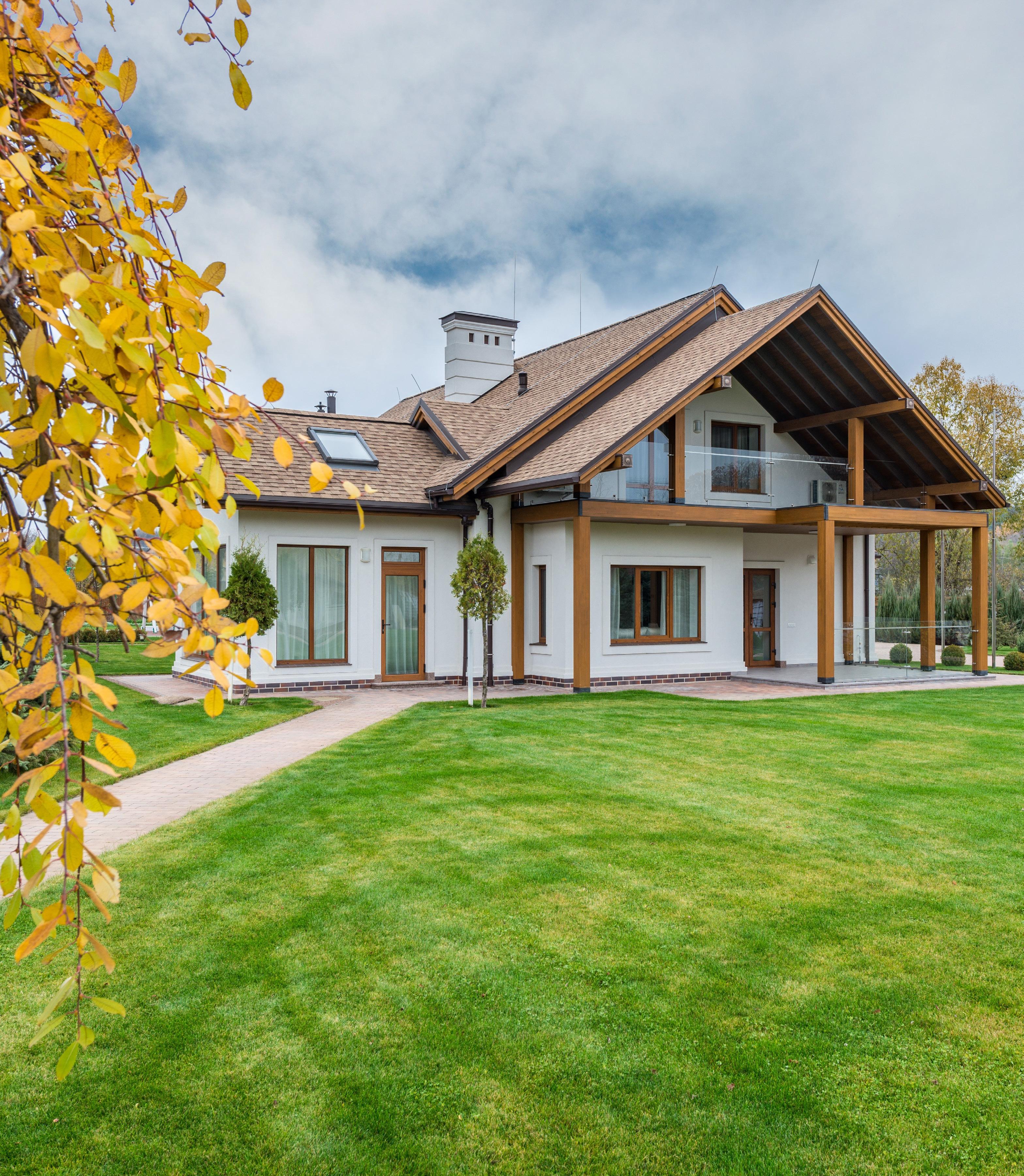
R 1 295 000
2 BEDROOMS | 2 BATHROOMS
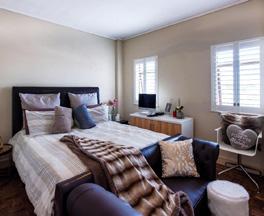
SPACIOUS APARTMENT IN DIEP RIVER.
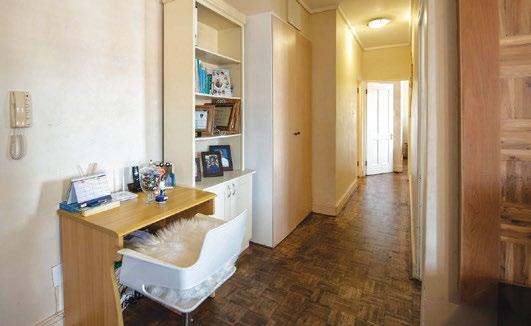
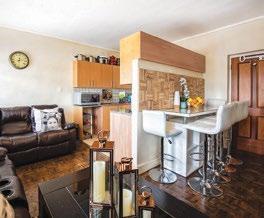
2 bedroom 2 bathroom apartment in Clarewood, Diep River, a short walk to the station, Martins Bakery and other local amenities, above the railway line.
• Fitted kitchen with electric oven, hob and extractor and plumbing for washing machine.
• Open-plan lounge with parquet flooring
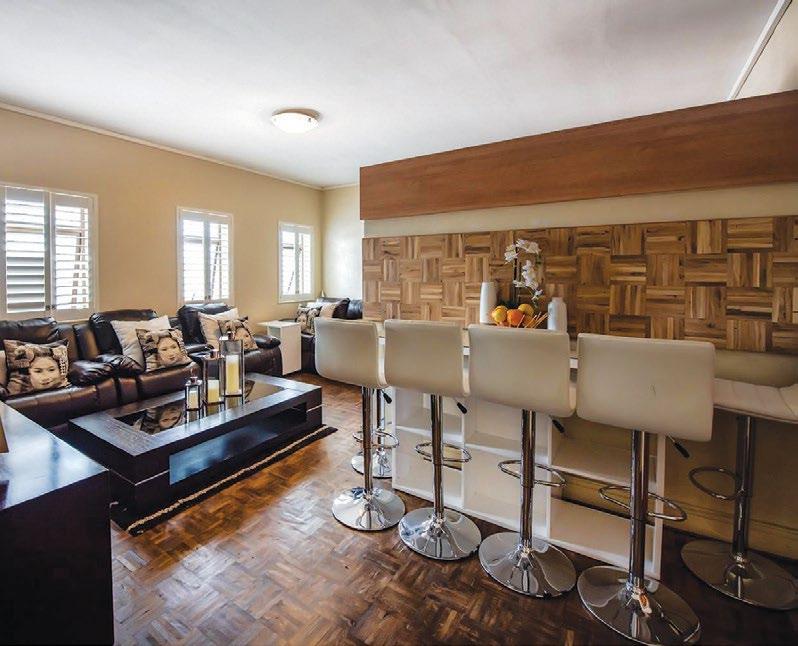
•Two double bedrooms with an en-suite bathroom complete with bath and shower. • Covered Parking bay. • Prepaid electricity
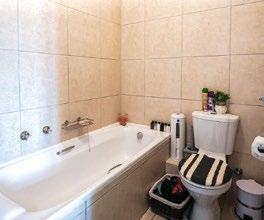
ERF: 1471m2 | HOME: 70m2 | RATES: R 450 p/m | LEVIES: R 1500 p/m
PLEASE CONTACT: Collin Mbiriri on 071 879 8564 or email cmbiriri@gmail.com or mmnyandoro@gmail.com



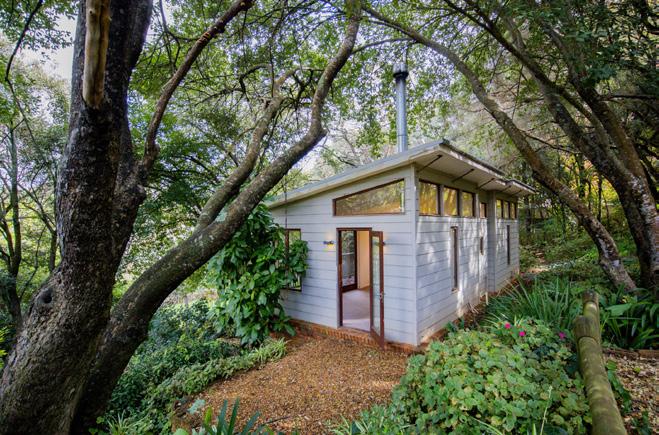
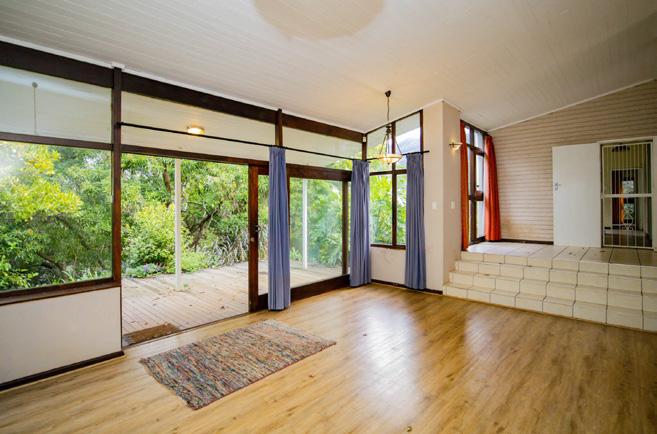
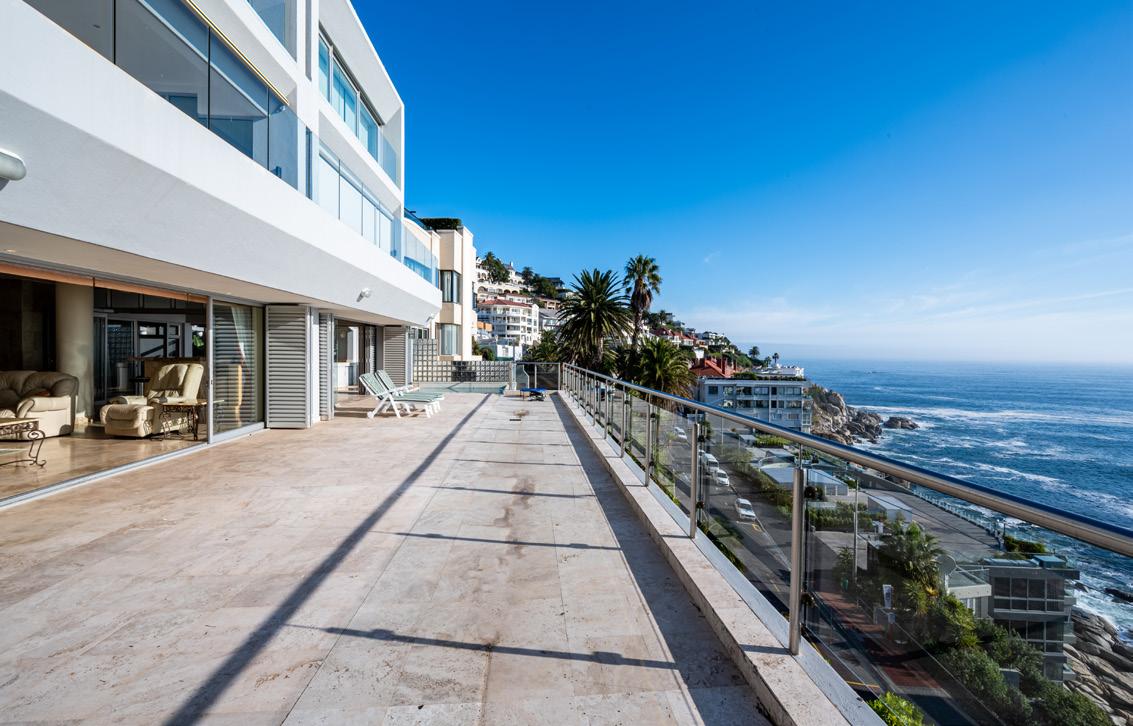
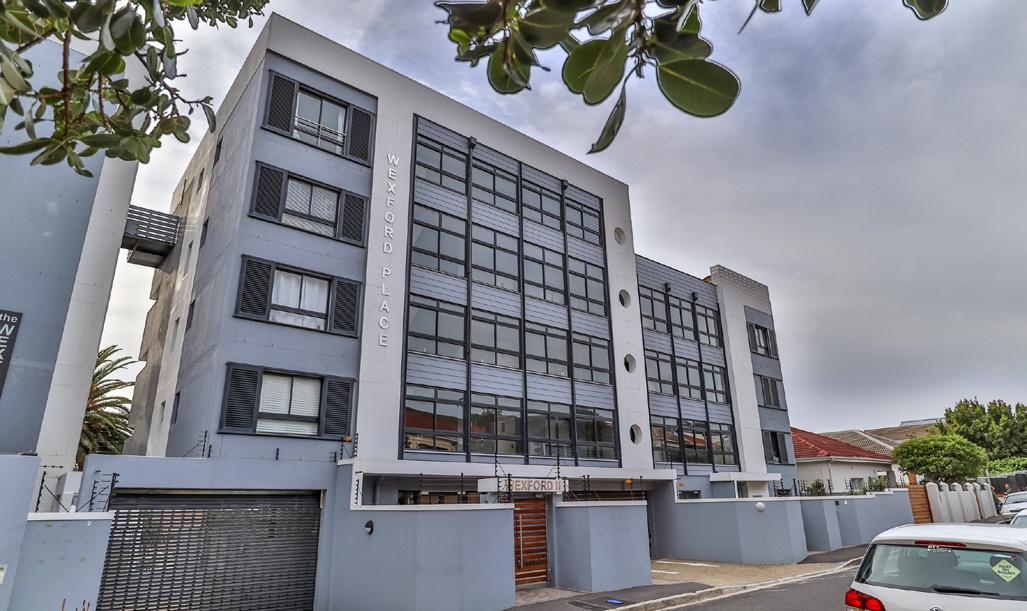
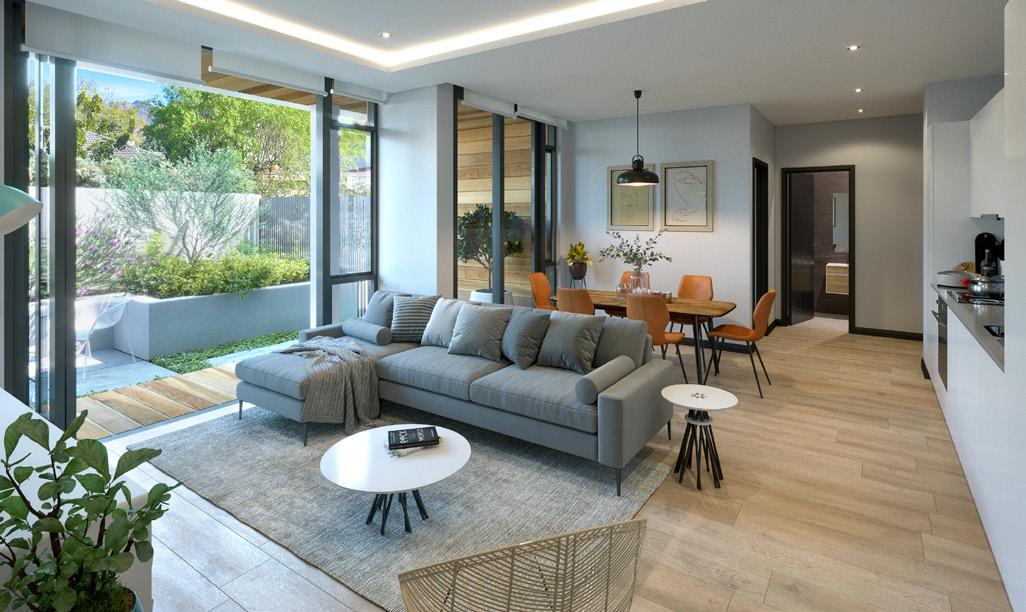
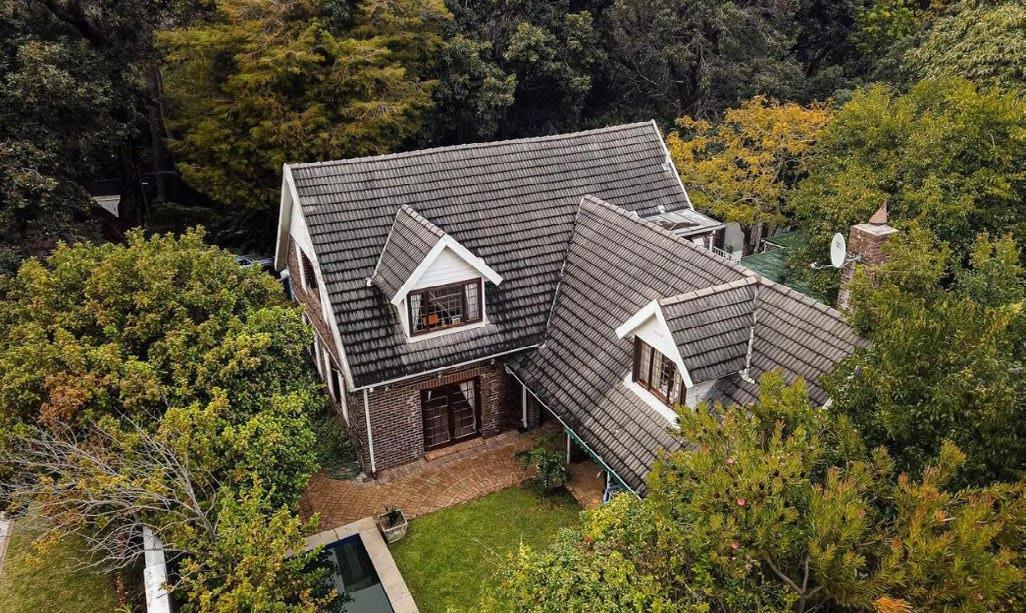
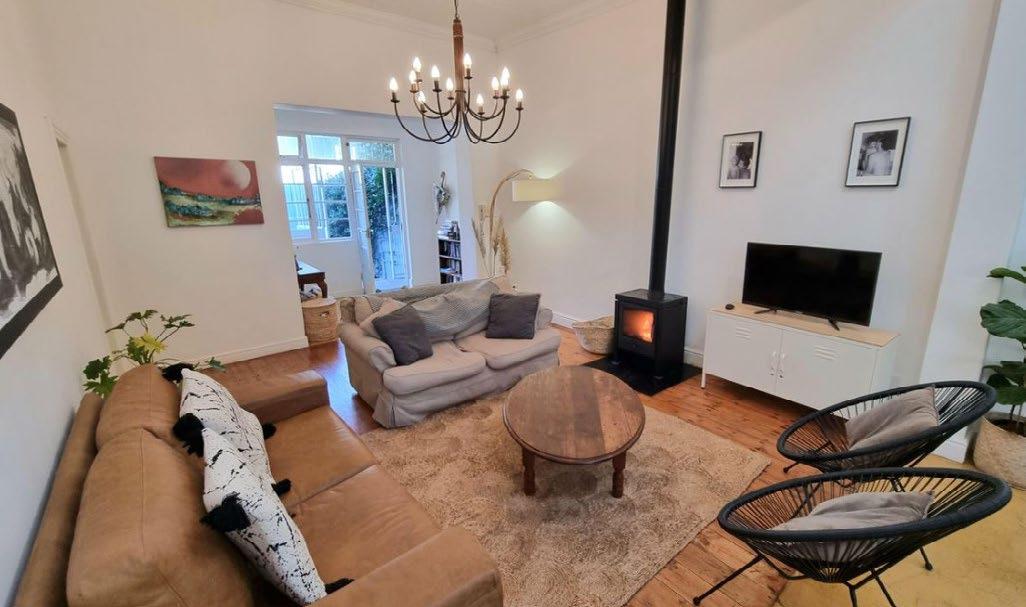


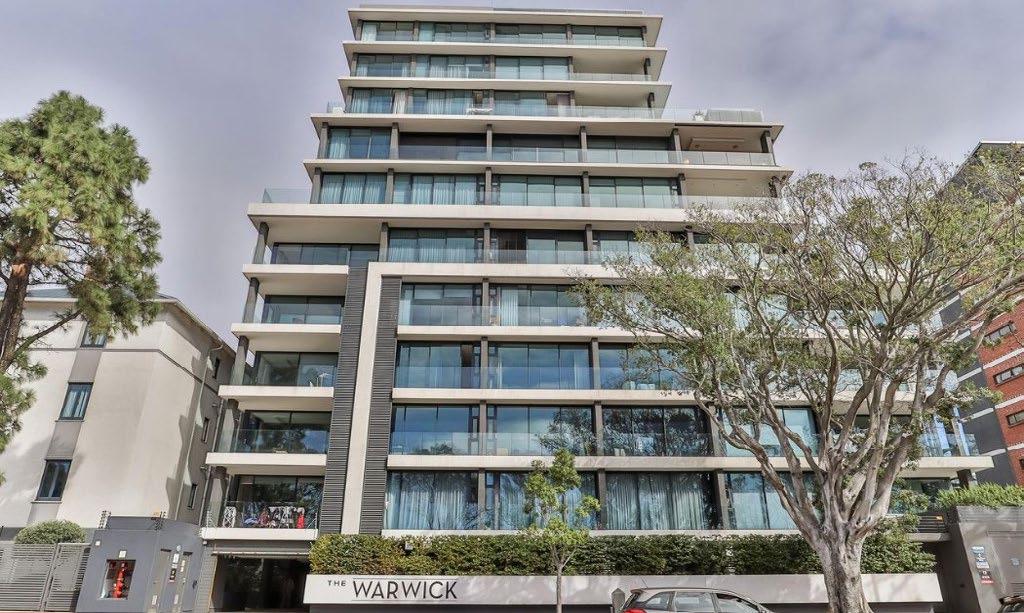


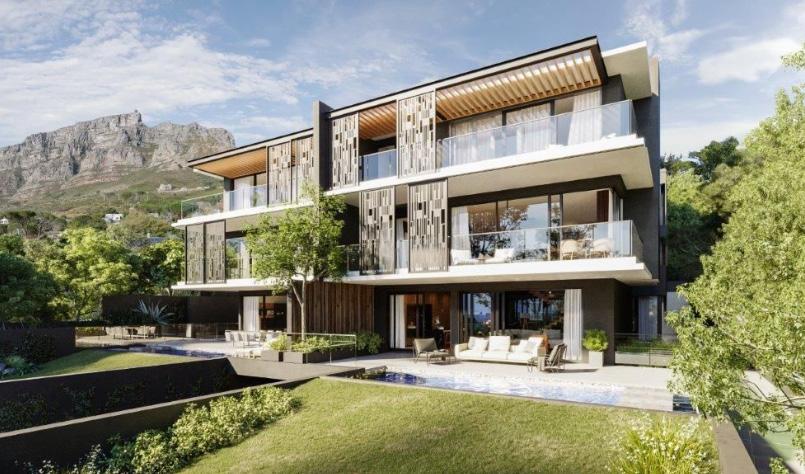



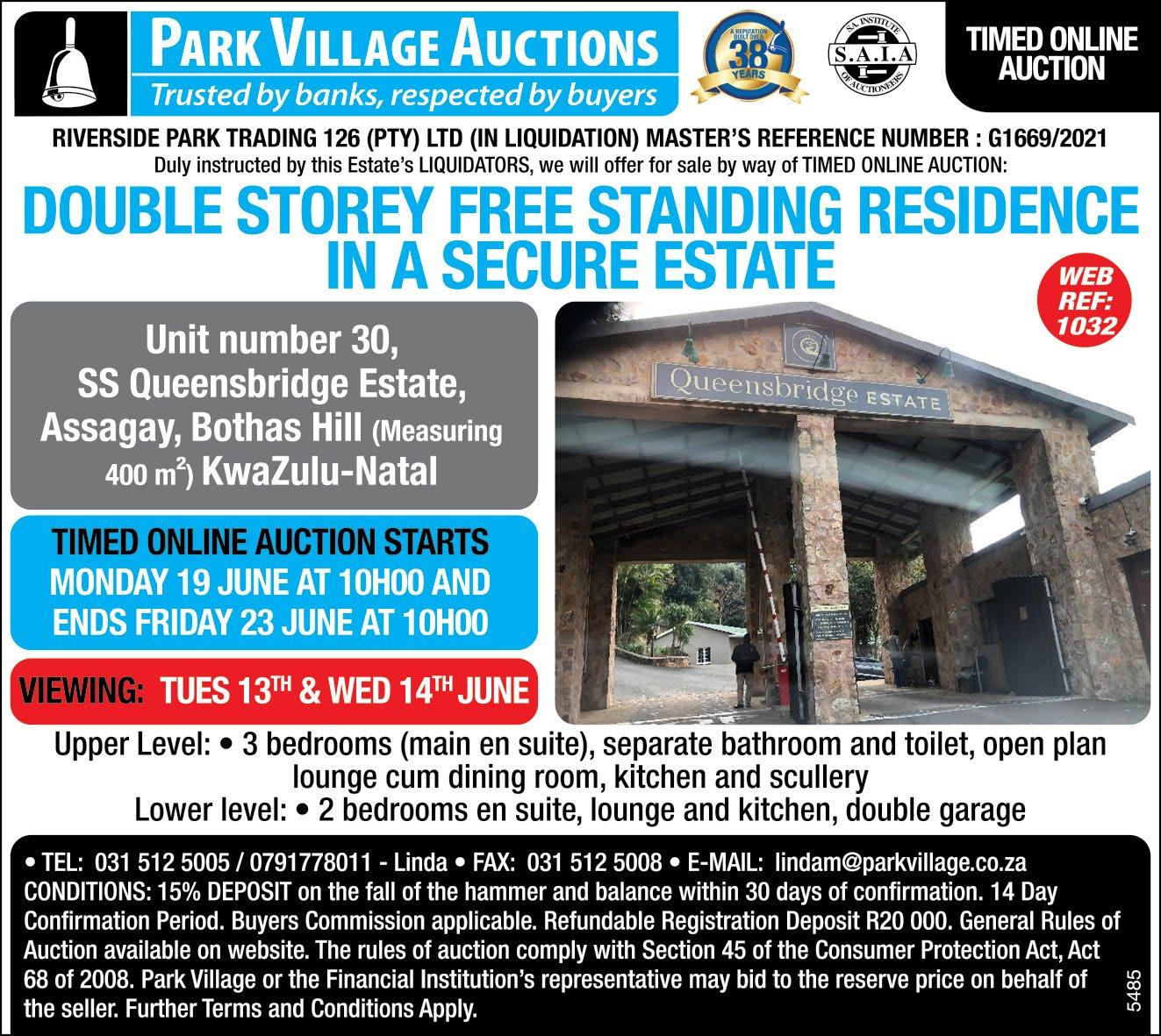
DEVELOPMENT SITE WITH ± 132



Portion 4 of Erf 2 Madadeni J, Newcastle
Site Extent: ± 2 540 m² | GBA: ± 540 m² | One of last remining residential sites with Special Consent in final stages of approval for commercial use | Potential to be sub-divided | Vacant occupation
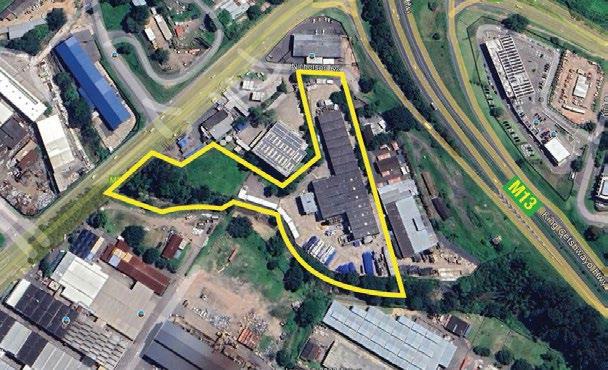
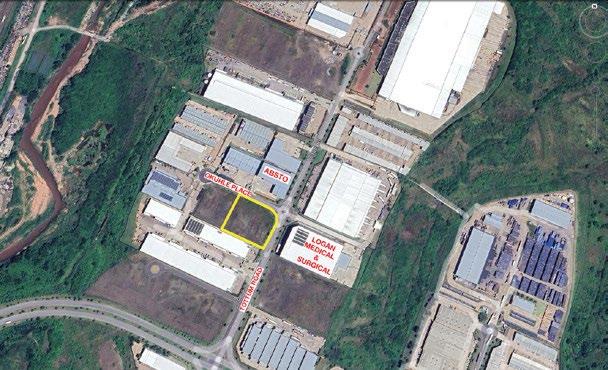
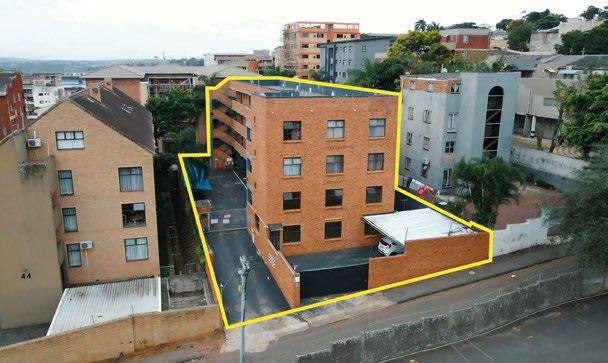
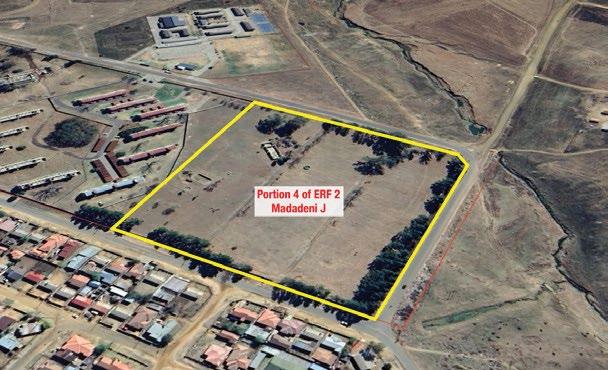


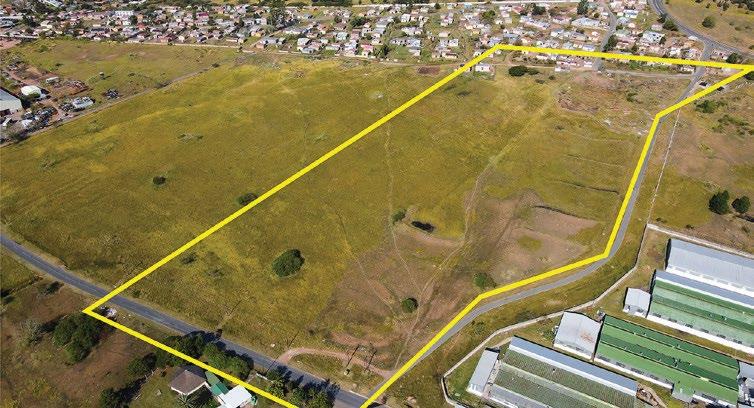



VACANCY RESIDENTIAL APARTMENT BLOCK
Lumi Road, Overport Extent: ± 1 012 m² | GBA: ± 1 300 m² |
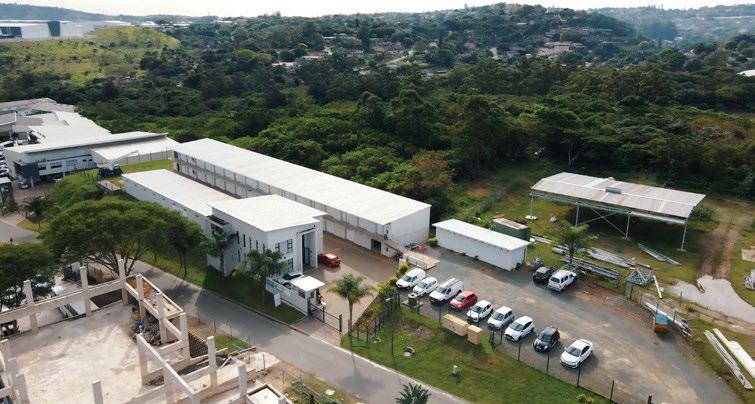

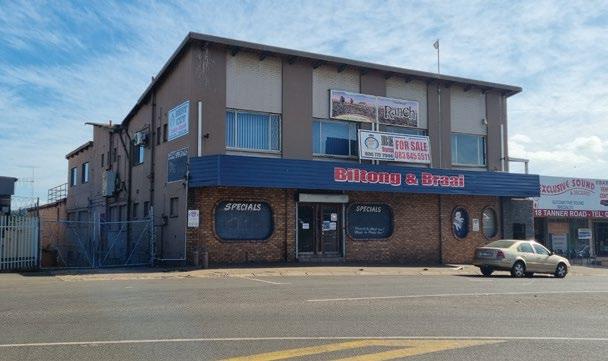
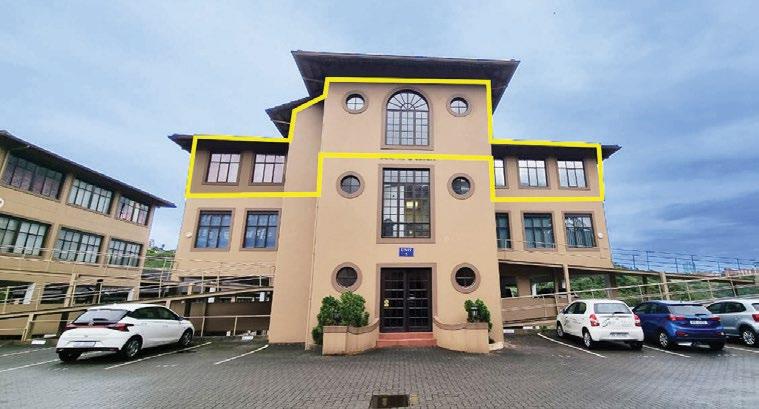
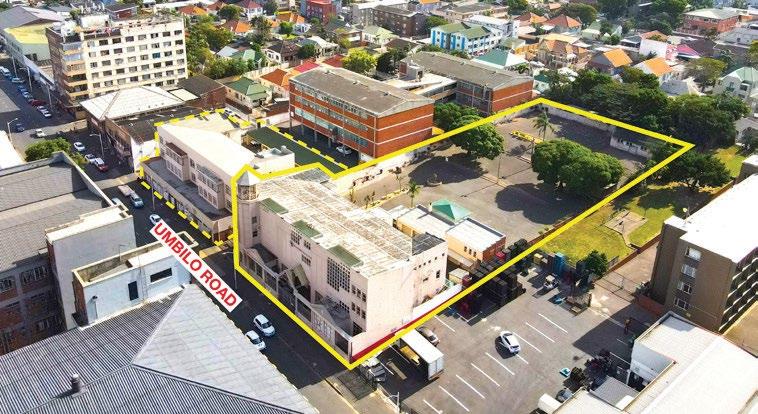
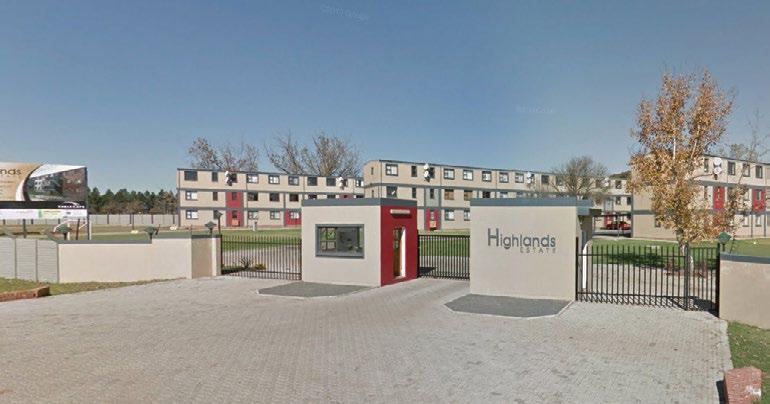
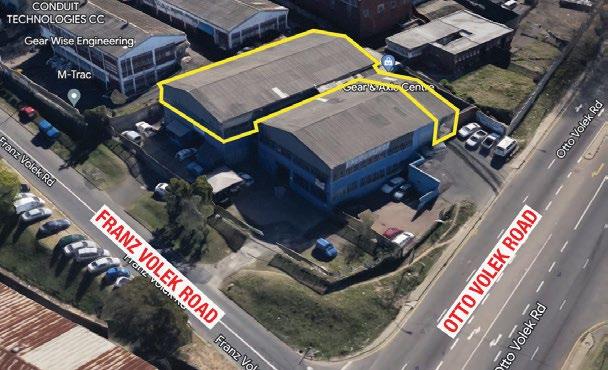
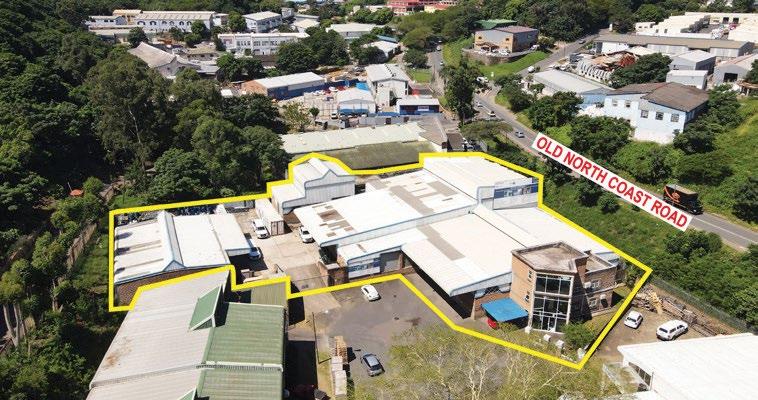
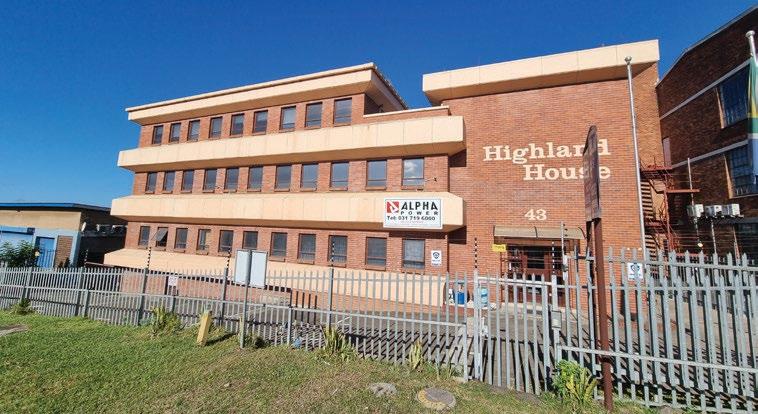
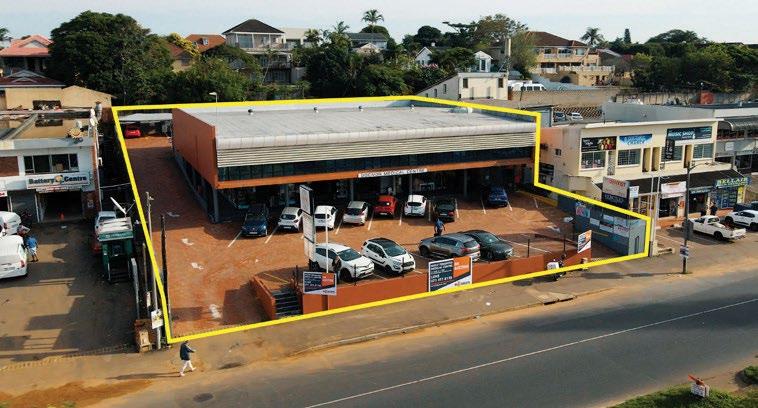

x Apartments | Highly sought after location | Mint condition building | Near Brickfield Road,
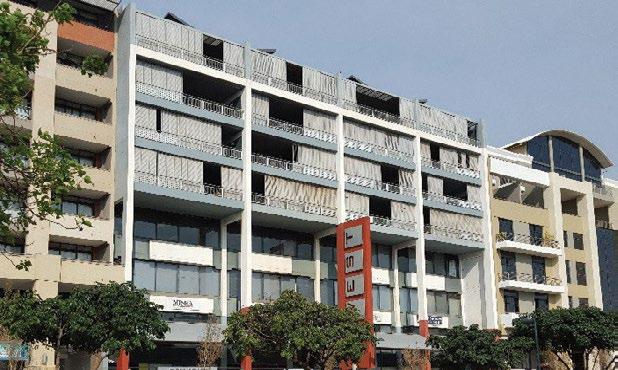











± 160 HA MACADAMIA & SUGARCANE FARM ON KZN NORTH COAST Frostley Farm, 1.5km off the R614, Tongaat
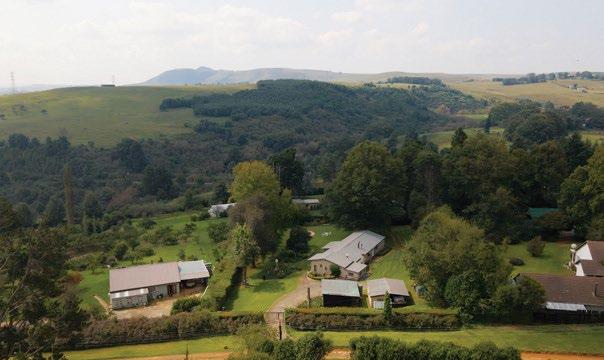
35 000 Macadamia Trees | ± 6 Ha of 8yrs old BMT,695’s | ± 16 Ha of 7yrs old BMT, A4, 816’s | ± 3 Ha of 6yrs old 816, 814, 788’s | ± 30 Ha of 2yr old 816, 788, N2, A4’s | ± 60 Ha of 1yr old 816, 788, A4’s


DOGON GROUP PROPERTIES
Atlantic Seaboard Office 021 433 2580
thekings@dogongroup.com
www.dogongroup.com
RHONDA RAAD PROPERTIES
Cape Town Office 082 448 7795
Email: rrpsales@mweb.co.za
www.rhondaraadproperties.co.za

ASKA PROPERTY GROUP

Sandown, Milnerton Estates
Office 071 604 8493
Email: corlia@aska.co.za
www.askaproperty.co.za
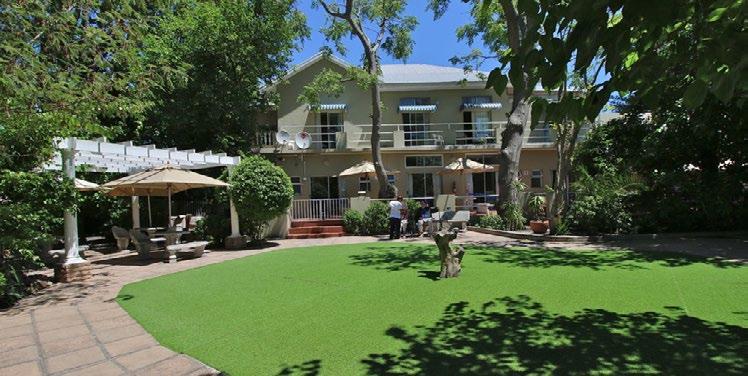
DOGON GROUP RENTALS
Sea Point Office 021 433 2580
enquiries@dogongroup.com
www.dogongroup.com
DE PLATTEKLOOF
Cape Town 060 960 0100
Email: live@deplattekloof.co.za
www.deplattekloof.co.za
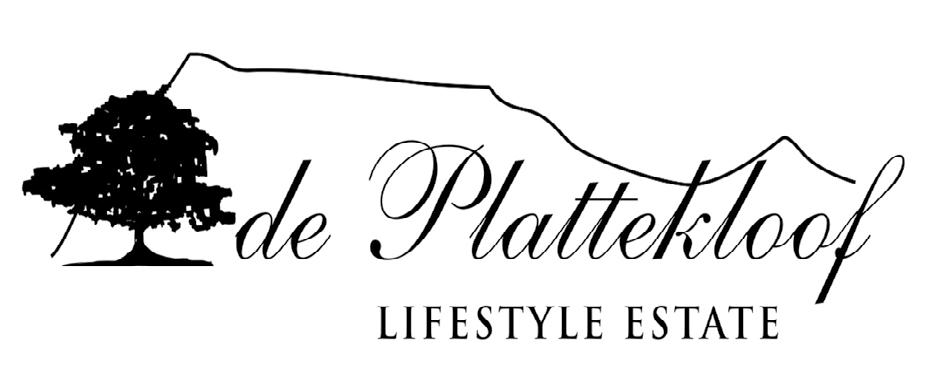
IRENE PORTER PROPERTIES

Simon’s Town Office 021 786 3947
Debbie 073 140 2543
www.ireneporterproperties.co.za
DOGON GROUP PROPERTIES
Southern Suburbs, Claremont Office 021 671 0258

southernsuburbs@dogongroup.com
www.dogongroup.com
PETER MASKELL AUCTIONEERS

KZN
Office: 033 397 1190
Email: info@maskell.co.za
www.bidlive.maskell.co.za
MURAMBI HOUSE
Wynberg Office
murambihouse@telkomsa.net
www.murambi.co.za

DOGON GROUP PROPERTIES




Western Seaboard
Office: 021 556 5600 or 021 433 2580
enquiries@dogongroup.com
www.dogongroup.com
VAN’S AUCTIONEERS
Gauteng Office 086 111 8267
www.vansauctions.co.za
www.iolproperty.co.za











